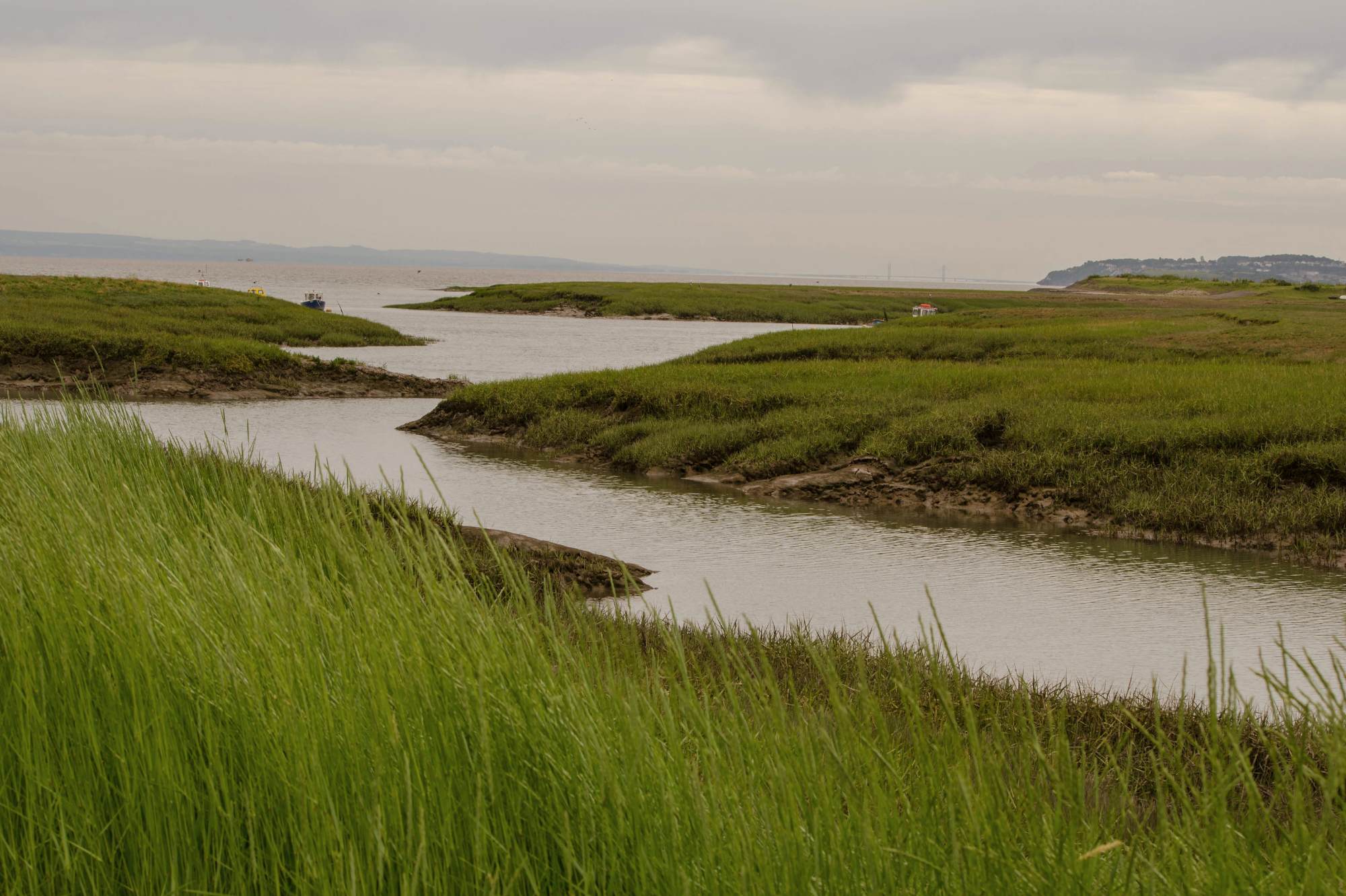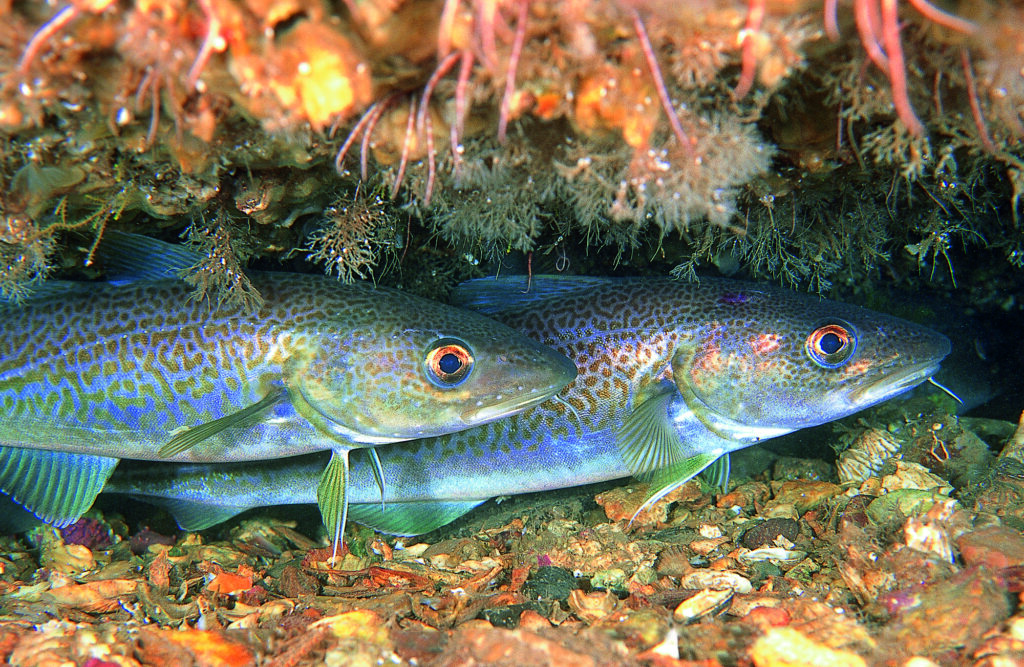Seminar: From plankton-based indicators to ecosystem service indicators: when Ecology meets Society
Wednesday 21 June 2023
Location: Online

Anthony Ndah, Ecosystem Scientist, SAS, Plymouth Marine Laboratory
11am Wednesday 21st June 2023
Abstract: Marine and coastal ecosystems are under tremendous pressure from human-related activities, along with the simultaneous effects of climate change. Eutrophication, temperature rise, ocean acidification, alterations in ocean circulation patterns, etc, are threatening the functioning, stability, and sustainability of marine habitats. In the German North Sea, the direct effects of these multi-layered pressures were observed via disorganizations in the marine ecosystem and perceived as phenological responses and alterations in the natural synchrony between successive trophic levels resulting in shifts towards phytoplankton and detritus-based food webs. The trickle-down effects of ecological disruptions on the social, economic, cultural values of ecosystem services are substantial and difficult to measure. Consequently, in compliance with the EU Marine Strategy Framework Directive (MSFD) we designed a robust data-driven approach to assess the marine ecological status of the German North Sea using zooplankton-based metrics. This strategy was highly effective in revealing the ecosystem’s eutrophication status and highlighted the optimal nutrient thresholds required to guide nutrient policy targets. Future upgrades to the approach will include phytoplankton, fish, and diversity metrics to enable the assessment of the food web and biodiversity status, and fish recruitment success. Our ecological assessment strategy developed at Alfred Wegener Institute (AWI) links directly to my current work at PML (Sea the Value – StV and GUARDEN projects, respectively) with the addition of a new category of social and economic indicators. In the GUARDEN Project, I will be involved in Task 2.3 focusing primarily on the identification and selection of relevant environmental, ecological, socio-economic and policy / impact indicators related to essential biodiversity variables – EBVs and associated NCPs (Nature’s contributions to peoples) across five case study countries (France, Madagascar, Spain, Greece, Cyprus). Regarding the StV project, my work within WP1 will focus primarily on 1). The inventory and mapping of coastal habitats and their core services, and 2). The assessment and quantification of the potential of key habitats for regulatory ecosystem services (including bioremediation of waste – nitrogen sequestration, and climate regulation – carbon sequestration), in two case study sites: Cromarty Firth – Scotland and the Solent – England. These complex interactions between the bio-ecological, ecosystem services and socio-economic components as informed by the relevant indicators would guide local and UK-wide policies and inform sustainable ecosystem management practices.
About Dr Anthony Ndah, Ecosystem Scientist, Sea and Society Group: I graduated with a BSc. Degree in Geography from the University of Buea, Cameroon, followed by a MSc. in Geography (course work) and an MSc. in Marine Affairs in Xiamen University, with focus in Integrated Coastal Management (ICM). Next stop, the University of Brunei Darussalam where I worked on ocean-atmosphere coupling, marine biogeochemical interactions, and air-sea CO2 flux in the South China Sea. I also taught undergraduate courses as a graduate assistant lecturer. After my PhD, I joined the NF-POGO Centre of Excellence at Alfred Wegener Institute (AWI) in Germany and obtained a PG Dip. in observational oceanography. Soon after, I landed my first post-doctoral appointment at AWI, Helgoland Biological Station where work involved the development of zooplankton-based indicators for assessing the marine ecological status of the German North Sea in compliance with the European Marine Strategy Framework Directive (EU-MSFD). I joined PML in April 2023 as an ecosystem scientist within the Seas and Society Group. I also coordinate the African regional node of the Early Career Ocean Professionals (ECOP Program), an endorsed UN Ocean Decade program run by IOC-UNESCO.
This seminar will be held online and is open to Marine Research Plymouth Colleagues, to register, please email comms@pml.ac.uk
Current Events
No current events at this time.
Upcoming Events
‘Future of Food’ exhibition at the Science Museum
24 July 2025
PML x NOC Virtual Work Experience Week
11 August 2025


